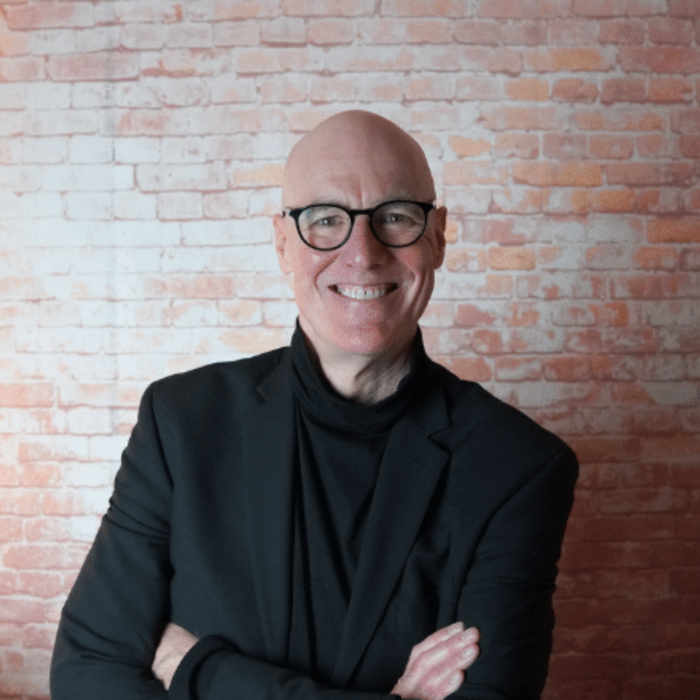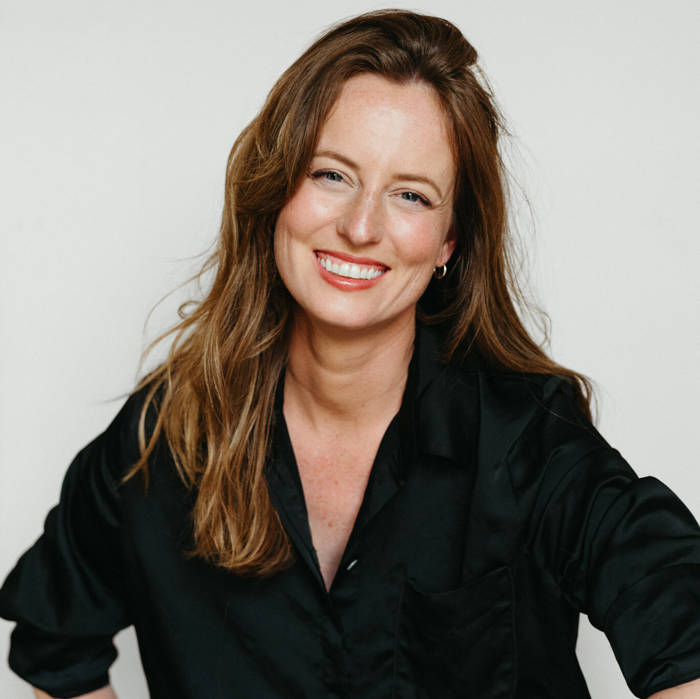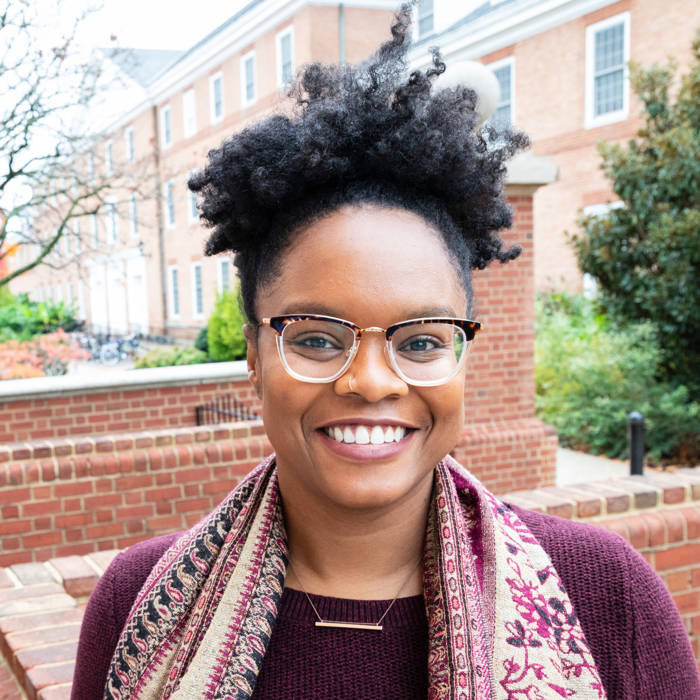The Sounds and Ornamentations of Indian Classical Music
Tuesday 13th August 2024, 5:00 PM - 7:00 PM (London Time)
Indian Classical Music (ICM) is an ancient oral tradition that dates back to around 500 BC. Despite its evolution over the centuries, it has managed to maintain its unique style and cultural significance. Until recently, this style of music has been largely overlooked in voice research. Given the global presence of the Indian community, it is essential for both teachers and singers to understand and learn from this style to better serve Indian students while staying true to the authentic form of the music while also gaining insight on how to diversify and cross-train within your own singing practice. Indian Classical Music is split into two major styles: North Indian (Hindustani) and South Indian (Carnatic). The workshop will primarily focus on Carnatic Music.
This workshop first explores the ‘authentic’ sound of ICM. The questions we will explore are:
- What is the authentic ICM sound? Is there only one?
- What have singers and teachers experienced as the authentic ICM sound quality?
- What the ranges and acoustic features of an authentic sound are, and some ways to train these sounds
Next, you will get an introduction to various vocal ornamentations, which is one of ICM’s key stylistic features. To execute these ornamentations, the singer requires a great deal of vocal agility. Accordingly, we will explore:
- The various types of vocal ornamentations in ICM
- Trying out these ornamentations in your voice
- Ways to train these ornamentations
Finally, we will discuss some of the habits that could hamper the ICM style - what some of the vocal function hurdles are that ICM singers face and how to approach these in a culturally sensitive way.
The workshop will include interactive components, such as singing and listening to ICM singers, and there will be plenty of time for questions.
Samyukta Ranganathan
Samyukta is an award-winning singer of Indian Classical Music (ICM) with an active teaching and performance career in New York City.

Attend this course for as little as £22 as part of the Voice Professional Training CPD Award Scheme.
Learn MoreSorry, this is an archived short course...
We have plenty of upcoming short courses coming soon. See details of some of them below or look at the full list of short courses.

Tuesday 22nd July 2025
5:00 PM - 7:00 PM
Tuesday 29th July 2025
5:00 PM - 7:00 PM
Tuesday 5th August 2025
5:00 PM - 7:00 PM
Tuesday 12th August 2025
5:00 PM - 7:00 PM
Tuesday 19th August 2025
5:00 PM - 7:00 PM
Tuesday 26th August 2025
5:00 PM - 7:00 PM
(London Time)
Certificated Public Speaking Coach qualification - with John Henny

John Henny
Would you like to be a certified public speaking coach? Join the renowned John Henny for this exciting new online course! This six-week online certification course is designed to equip voice teachers with the specialised skills needed to work with public speakers, corporate trainers, educators, and presenters. Unlike a general public speaking course, this program is specifically tailored to train-the-trainer, giving voice professionals structured methodologies, coaching techniques, and applied skills to enhance vocal delivery, confidence, and influence in professional speakers.

Thursday 24th July 2025
5:00 PM - 6:00 PM
(London Time)
Transitioning From Soprano To Mezzo-Soprano - Pedagogical Approaches!

Dr Caitlin Moore
This workshop will explore the considerations for transitioning from soprano to mezzo-soprano. We will examine the history and vocal science related to voice classification as well as interviews with singers and voice teachers. Interviews feature singers who have experienced this Fach change themselves, as well as voice teachers who have helped singers navigate this shift.


Tuesday 29th July 2025
5:00 PM - 7:00 PM
(London Time)
Towards a Jazz Pedagogy: Lessons from Legends and Educators!

Dr Autumn Griffin
Join Dr Autumn Griffin as she explores the foundational tenets of jazz pedagogy as both a conceptual and practical framework for teaching, in this two-hour workshop. Drawing from her research in “Towards a Jazz Pedagogy: Learning with and from Jazz Greats and Great Educators,” she’ll investigate how jazz (its historical and cultural legacy, structure, improvisation, and relationality) can be mobilized to inform dynamic, liberatory educational practice!
